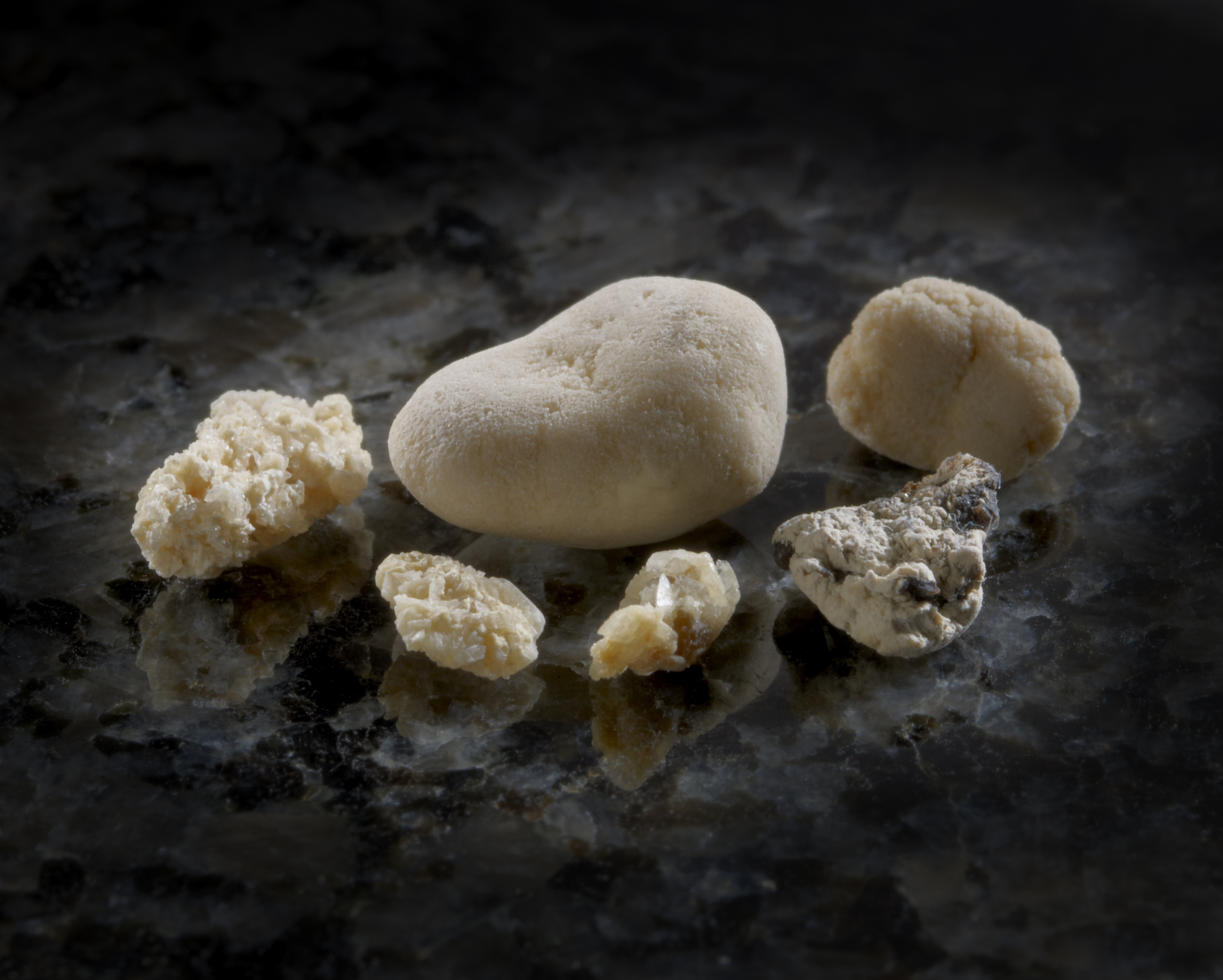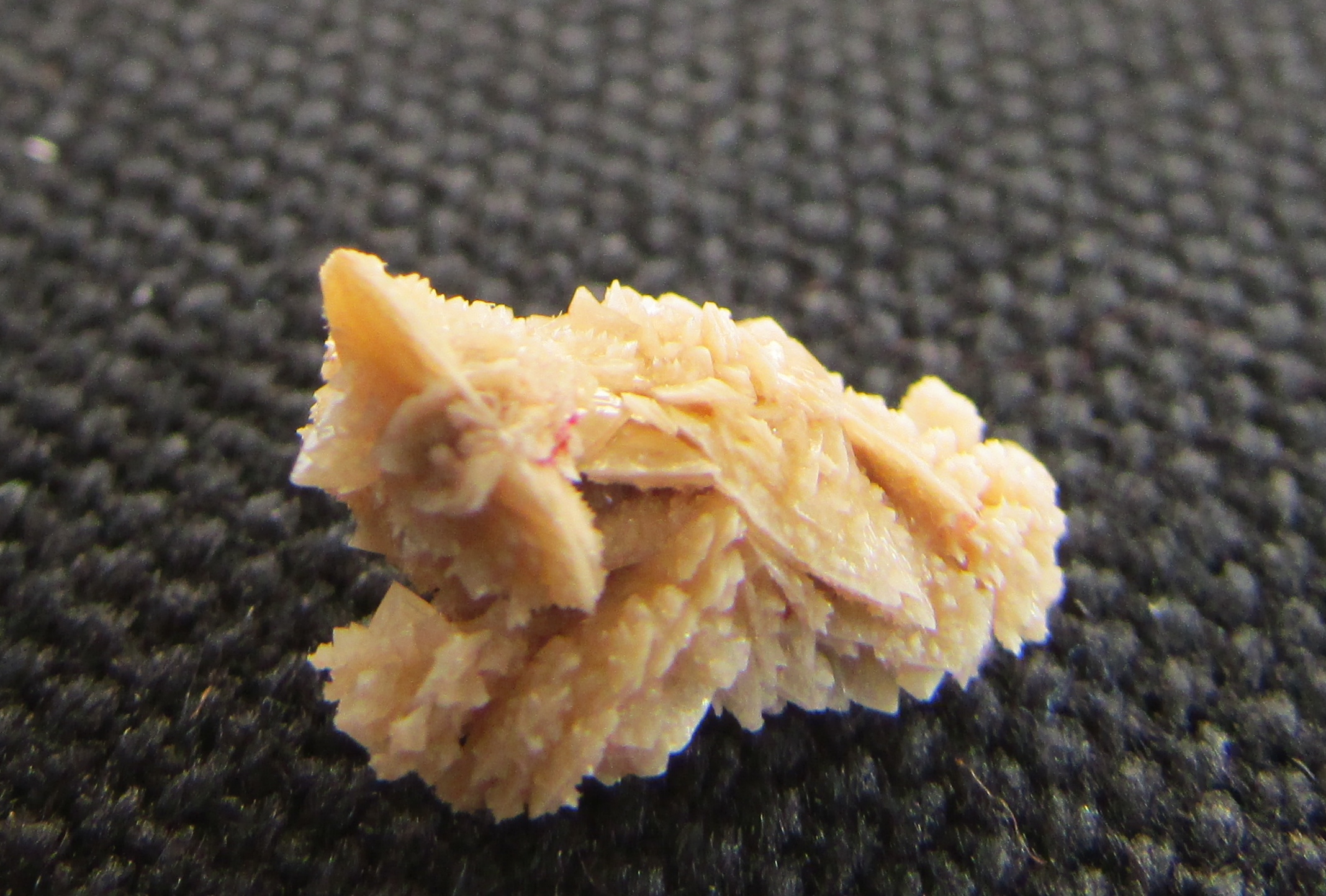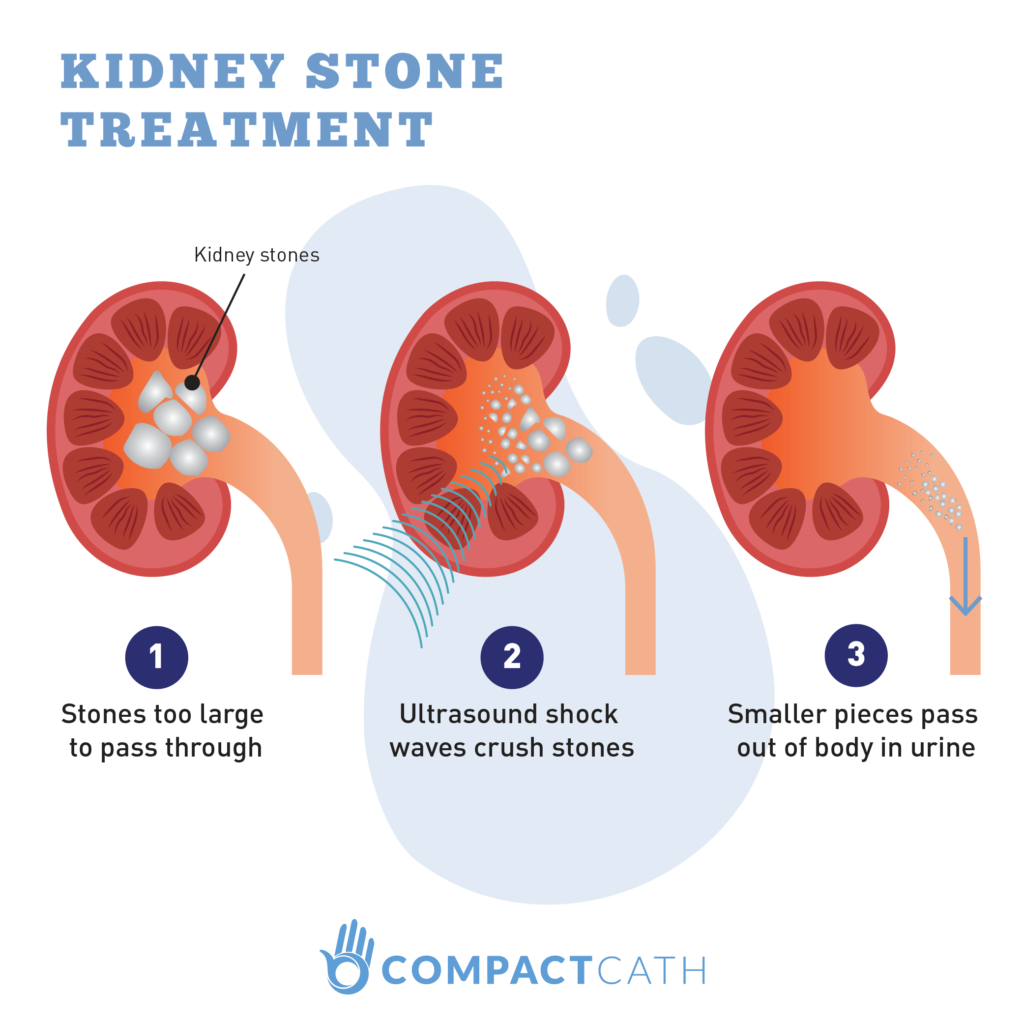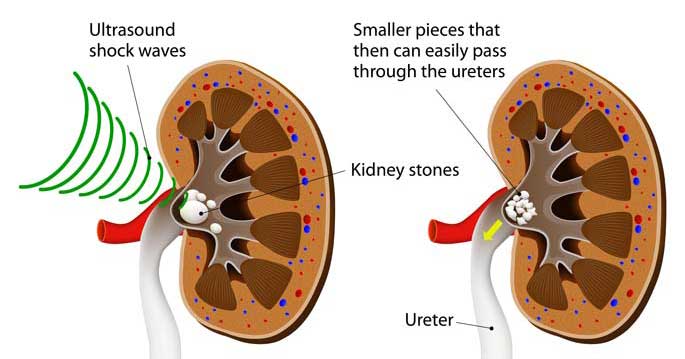Kidney Stones Too Big To Pass

Kidney stones next to a ruler to show the size.
Kidney stones too big to pass. Kidney stones are often as small as grains of sand. Size of the stone is a major factor in whether it can pass naturally. Stones smaller than 4 millimeters mm pass on their own 80 percent of the time.
While small kidney stones often produce no symptoms at all a large kidney stone may cause severe discomfort. Physicians at the delaware urological associates state that kidney stones that are larger than 1cm about 1 2 will rarely pass through the urinary system without complications. Shock wave lithotripsy swl is a procedure used by doctors to treat stones in the kidney and ureter that are big in size.
However many people have kidney stones that are too big to pass naturally and they need to be broken up or removed through surgery. If this doesn t work then surgery is required to remove the stone. The larger sized stones which tend to block the urinary tract may require a procedure to correct it.
Small sized kidneys stones normally do not cause any symptoms and may pass through the urine by drinking more amount of water. Other procedures to remove a large kidney stone include ureterscopic removal or extracorporeal shock wave lithotripsy. As their name suggests kidney stones are hard deposits of minerals and salt that form inside of a person s kidneys.
They take an average of 31 days to pass. 21 years experience radiology depends. Swl uses sound waves to create strong vibrations shock waves that break the stones into tiny pieces that can be passed in your urine.
Your doctor may recommend a procedure called extracorporeal shock wave lithotripsy swl. Some kidney stones manage to travel into the ureter. Approximately 60 of kidney stones that are 4 6 mm will pass on their own in about 45.


















